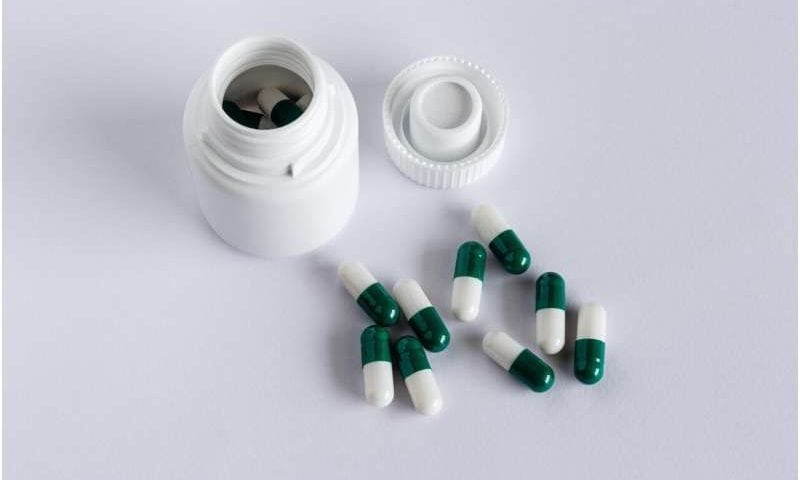Trials of a new cholesterol-lowering pill have shown promising results for people with heterozygous familial hypercholesterolemia (HeFH), a genetic disorder that leads to high levels of LDL cholesterol.
HeFH is a common condition affecting about 1 in 250 people, caused by a mutation in a gene that impairs the body’s ability to remove low-density lipoprotein (LDL) cholesterol from the bloodstream. This inherited condition increases the risk for premature atherosclerotic cardiovascular disease (ASCVD)—a buildup of fatty deposits in arteries, leading to narrowed vessels that can restrict blood flow to vital organs.
The drug, called Enlicitide and developed by Merck, is a new type of PCSK9 inhibitor. It works by binding to PCSK9, a blood protein that typically degrades the liver receptors that clear LDL cholesterol. By blocking PCSK9, Enlicitide protects these receptors and boosts the liver’s ability to clear LDL cholesterol from the bloodstream, lowering the risk of heart disease.
The findings are published in the journal JAMA.
Year-long trial
The trial was a phase 3, 52-week, randomized trial that included 303 adults from 17 countries with HeFH who were already taking statins or other lipid-lowering therapies. Participants were randomly sorted into two groups. One group received the 20 mg Enlicitide pill once a day while the other group received an inactive pill (placebo). Neither the patients nor the doctors knew who received which.
After 24 weeks, LDL cholesterol levels dropped by an average of 58.2% in patients taking Enlicitide, while those on the placebo saw almost no change. At the 52-week stage at the end of the trial, Enlicitide patients achieved an average drop of 55.3% in their LDL cholesterol, while the placebo group saw their levels rise by 8.7%.
This potential new therapeutic also lowered levels of other cholesterol particles that contribute to ASCVD risk. Apolipoprotein B levels were reduced by 48.2% and Lipoprotein (a) levels decreased by 24.7%.
Drug safety
The drug was also well tolerated with few side effects. The proportion of participants reporting at least one adverse effect was similar between the groups: 77.7% for Enlicitide and 76.2% for the placebo. The proportion of participants who stopped taking the medication due to an adverse effect was also similar, with 2% for Enlicitide and 3% for the placebo.
“In adults with heterozygous familial hypercholesterolemia, Enlicitide is an effective and well-tolerated treatment for lowering the level of low-density lipoprotein cholesterol,” wrote the researchers in their study.
Ongoing trials of Enlicitide are gathering data about whether this powerful cholesterol reduction translates into fewer heart attacks and strokes. The scientists also want to test the pill in a wider population of high-risk patients beyond those with HeFH.

